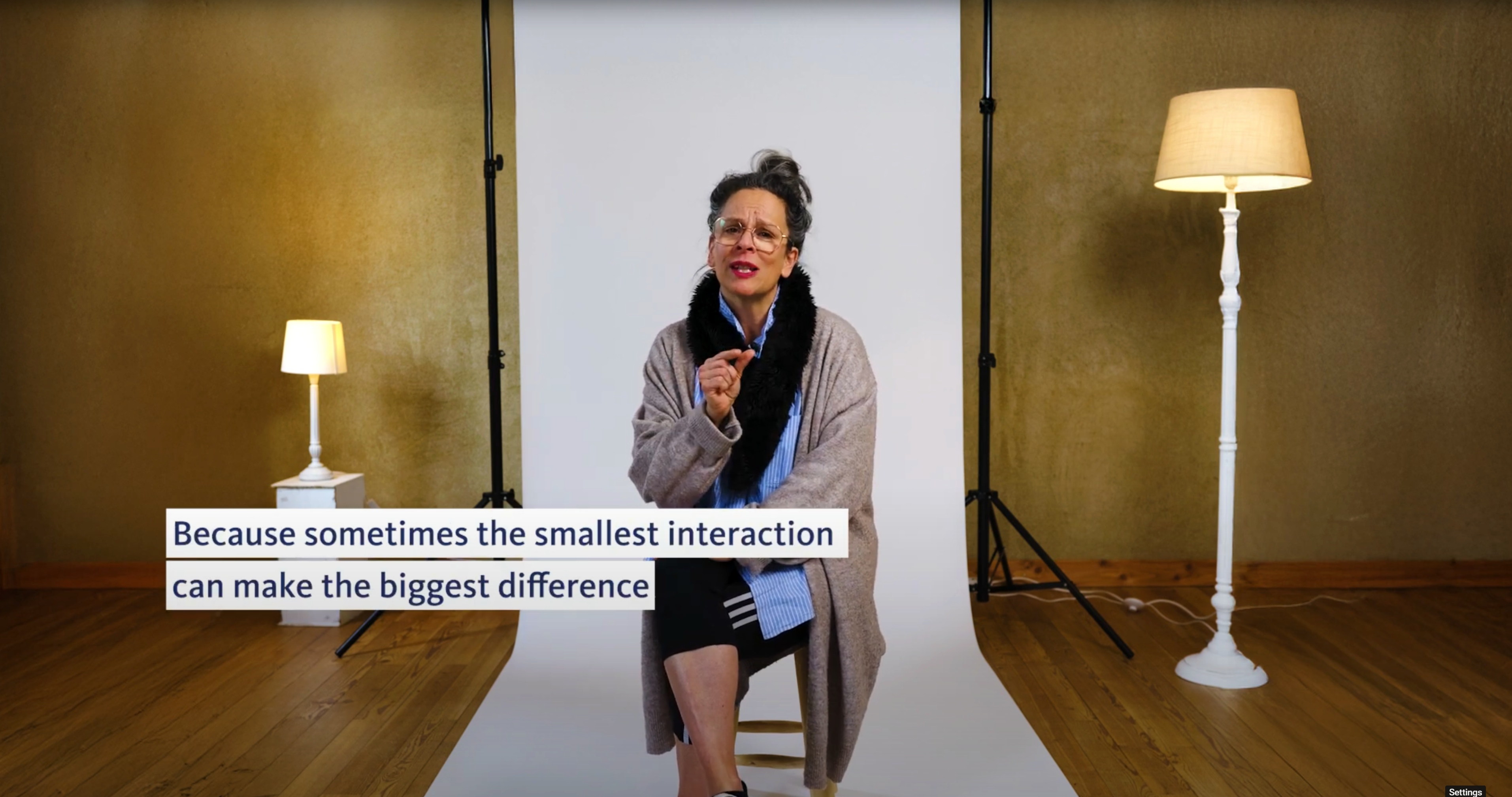What can you learn from clowns about starting a conversation on mental health?
Today is World Mental Health Day—a reminder that mental health is just as important as our physical health. Yet, starting a conversation about mental wellbeing can feel awkward, intimidating or even impossible at times.
At RED NOSES International, our healthcare clowns meet people in all kinds of challenging situations—children in hospitals, kids preparing for surgery, older adults facing loneliness and families living in crisis or displacement camps. Wherever we go, our mission is the same: to connect, bring moments of lightness and create a space where emotions can be expressed freely.
So, what can the art of clowning teach us about opening up conversations about mental health?
We would like to inform you that after activation of the video data is transmitted to the provider. More information can be found in our Data protection
ACTIVATE VIDEOHere are three lessons from our healthcare clowns:
1. Celebrate mistakes
Clowns know that mistakes aren’t something to hide—they’re something to celebrate. Much of the humour in clowning comes from trying, failing and trying again until something clicks. In our work, we emphasise that mistakes lead to growth. The act of getting up again and again carries hope and resilience.
The same applies to mental health conversations. Talking about emotions can feel uncomfortable, and people might struggle to find the right words. By embracing mistakes instead of fearing them, we create safe spaces for honesty and vulnerability. Celebrating imperfection removes pressure and allows meaningful conversations to flourish.
2. Read the room
A clown never rushes in without sensing the mood of the room. They watch, listen and respond to the emotional atmosphere before acting. This skill is just as important when discussing mental health.
Not everyone is ready to talk at the same time, and that’s okay. Sometimes, simply being present, paying attention and showing openness is enough to encourage someone to share their feelings. Listening first creates trust, which is the foundation of any meaningful dialogue.
Tanja Rainalter, Artistic Lead at RED NOSES International
3. Use play to open up
Words can feel heavy, but activities can create a natural bridge to conversation. Clowns often use simple, playful actions to engage people—throwing a small ball back and forth, sharing a light-hearted game or joining in a silly movement. These activities help people get into their bodies, where memories, emotions and experiences are stored. Movement sparks connection and vitality, making it easier to start talking about feelings in a natural, low-pressure way.
Mental health affects us all, and talking about it doesn’t have to be scary. A little humour, careful awareness and a playful activity can make the first step much easier. Today, on World Mental Health Day, take a moment to check in with someone. Start a conversation. Even the smallest interaction can create the biggest difference.

